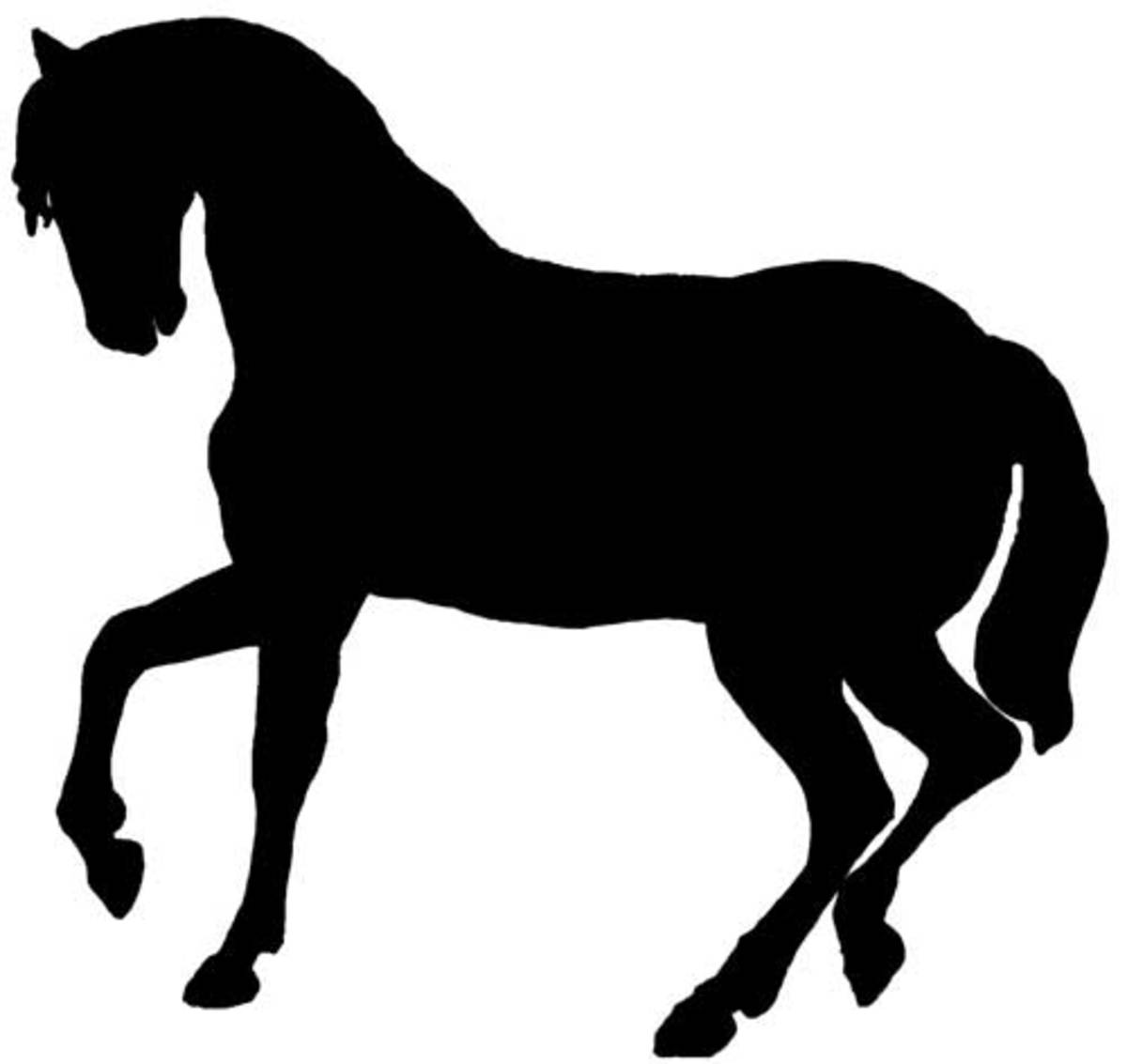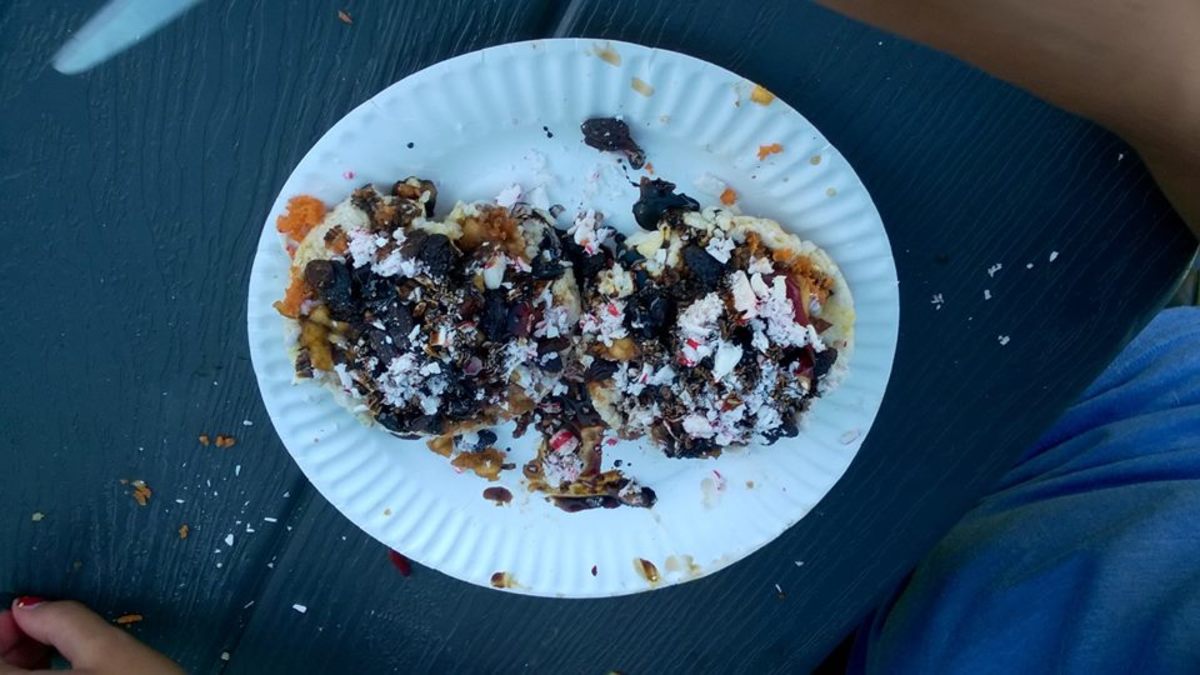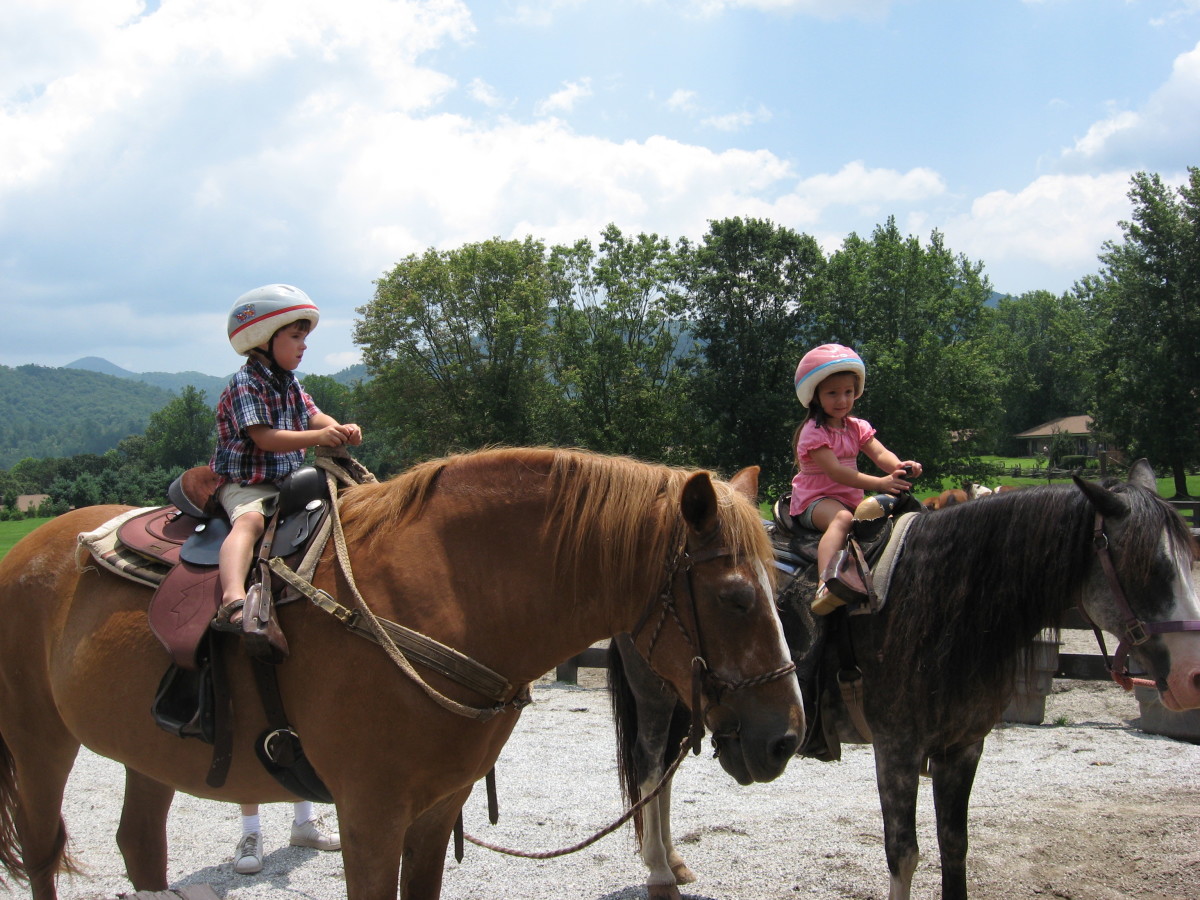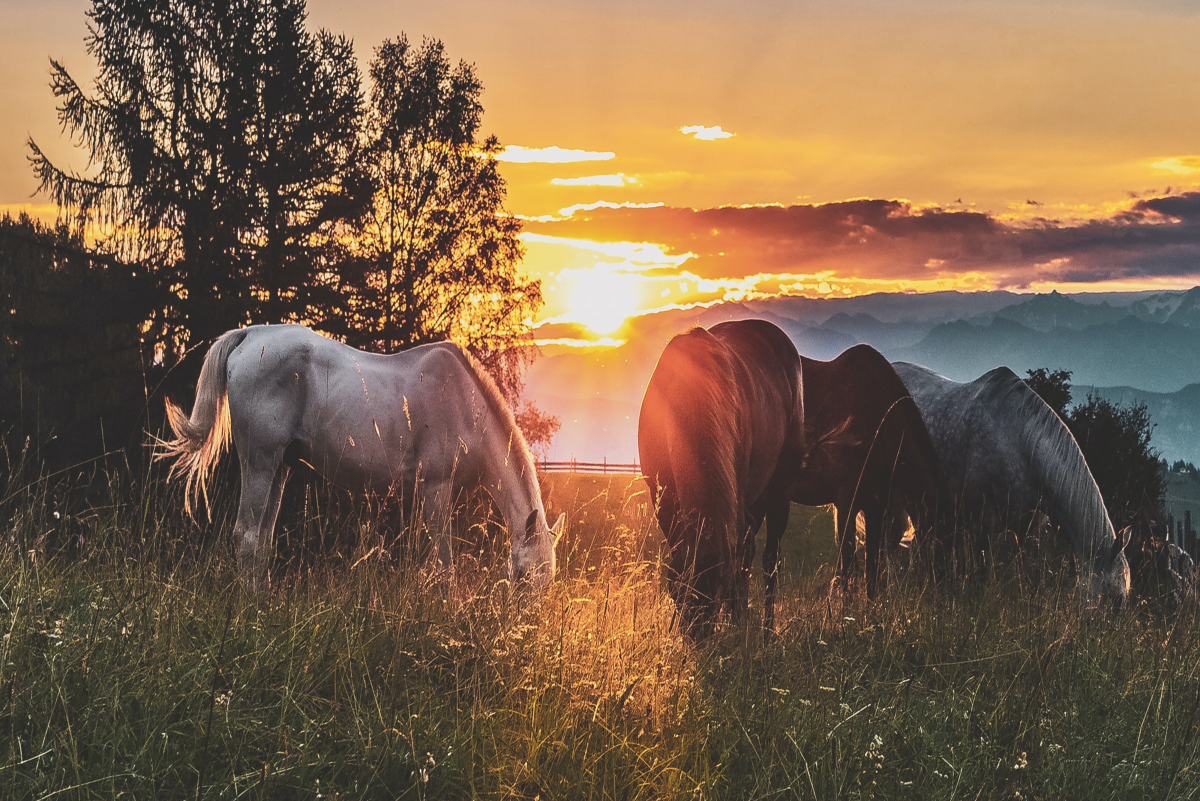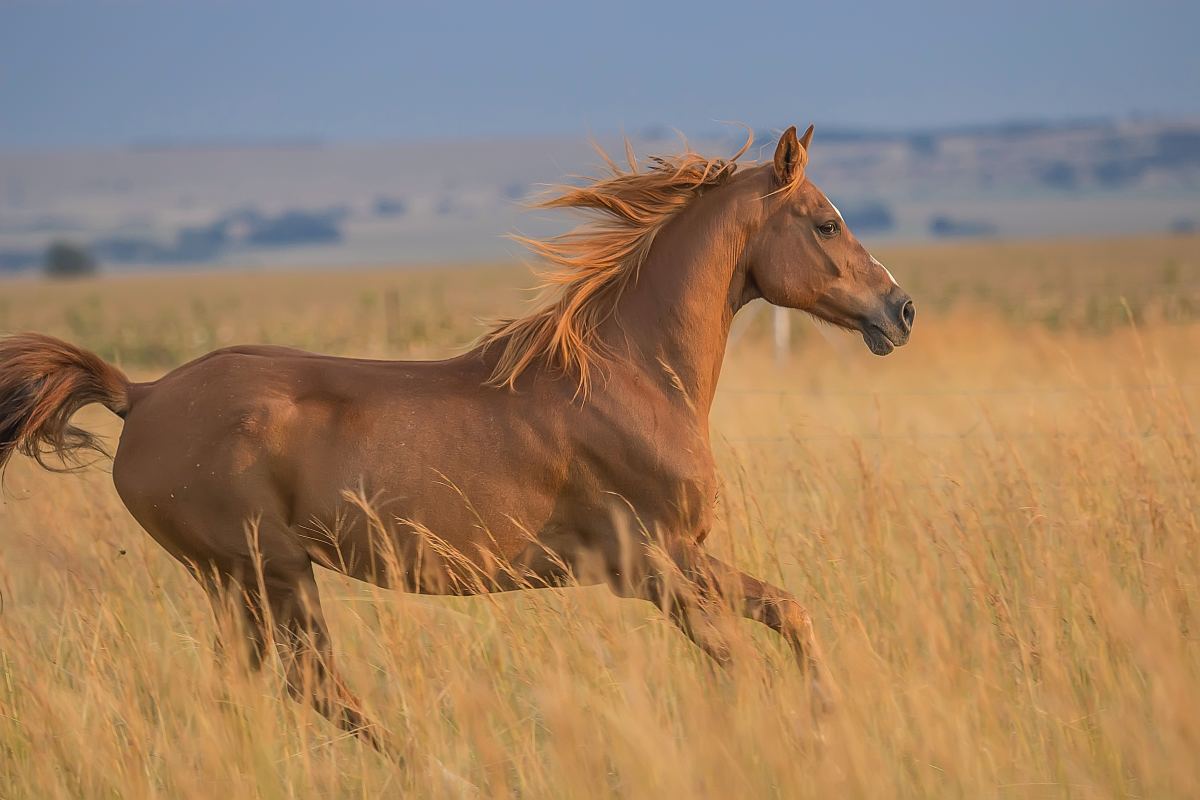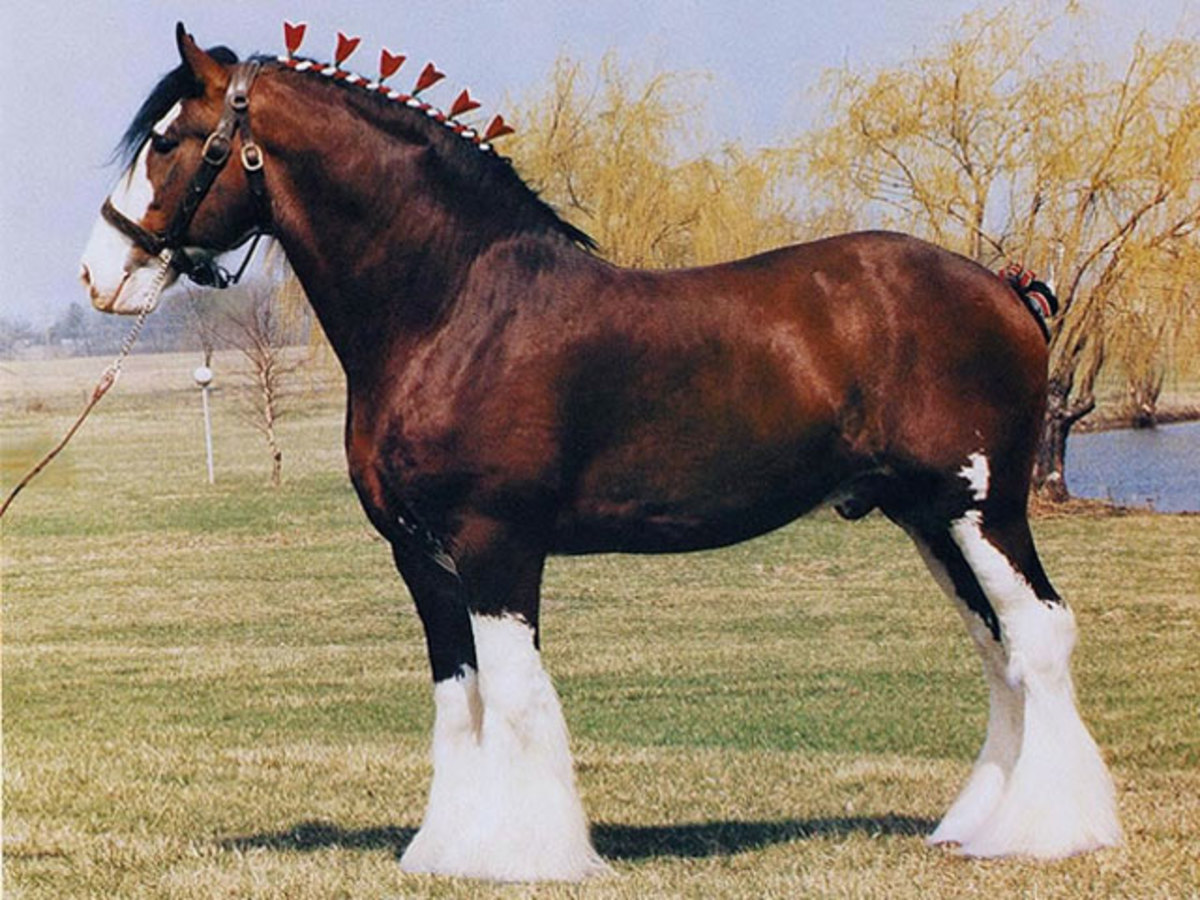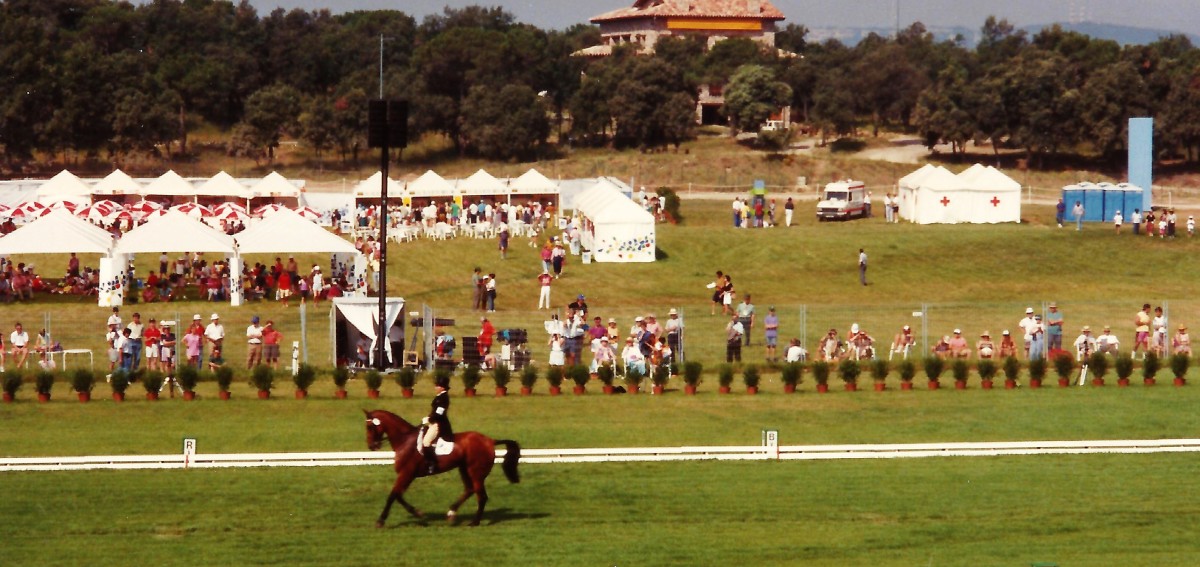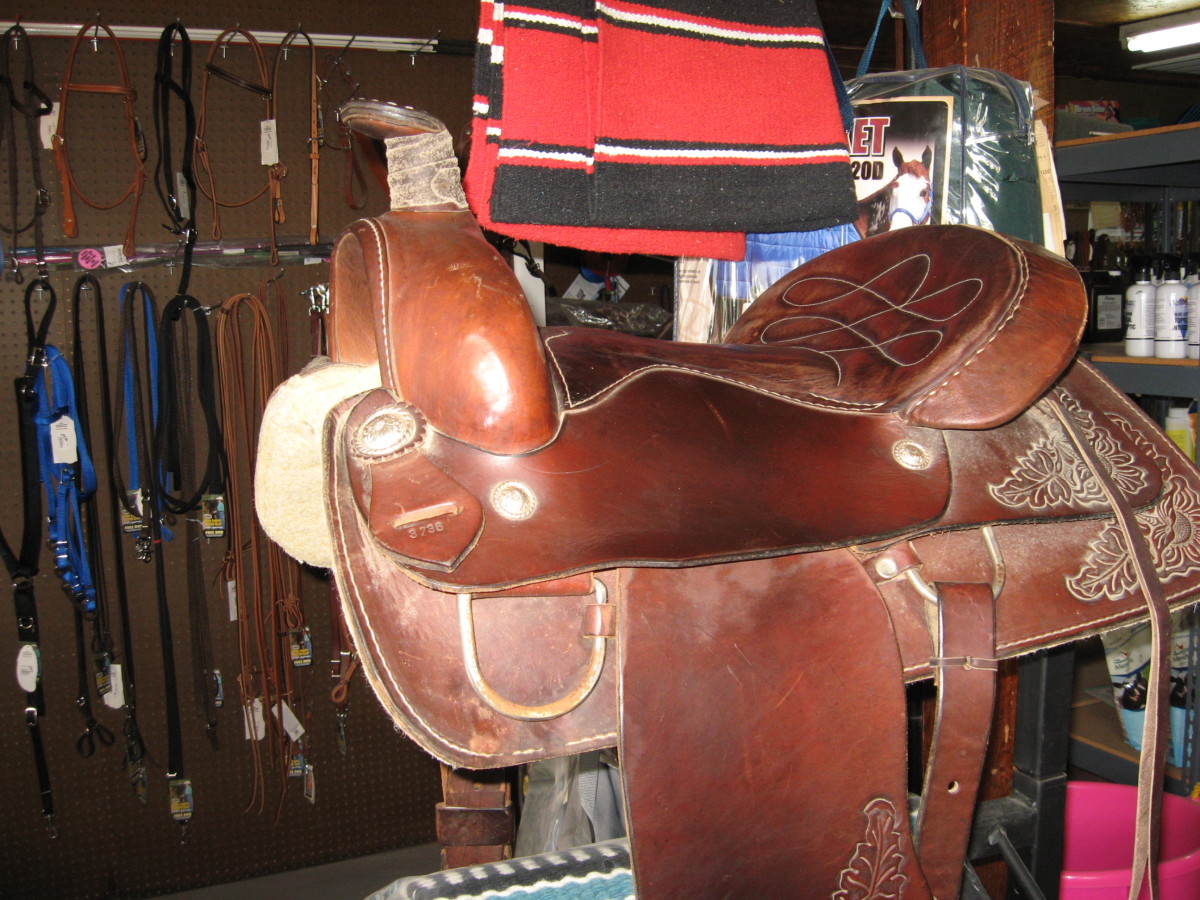Will Sweet Feed Make Your Horse hyper?
Study Shows Sweet Feed Makes Young Horses Hyper
In 2008 Science Daily, "Sweets Make Young Horses Harder to Train", published an article based on equine nutrition research done at Montana State University. The researchers studied twelve young (the article did not give the ages) Quarter Horses, which were closely related and came from the same farm. The horses were put into a training program for a three-week period, each doing the same amount of work. Six of the horses were fed only good quality hay, a grass/legume mix. The other six were fed five pounds of sweet feed in addition to the same hay. All twelve had hay and water free choice 24/7.
Horses are Designed to Graze Forages
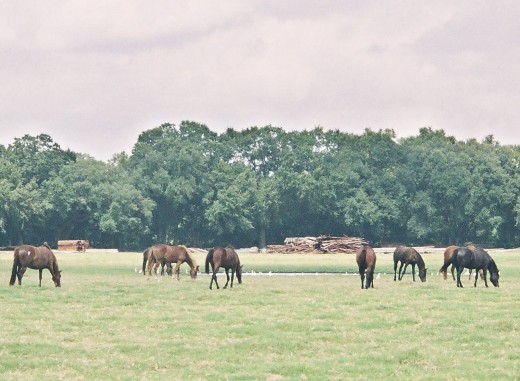
What Did the Study Prove?
The results of the study showed the horses that were fed the sweet feed showed more separation anxiety when removed from the herd, they were more hyperactive and less submissive in training than the horse eating only forage. All of the horses in the study gained weight while in training.
What does that prove? Well we mothers have been saying it for decades – to much sugar makes the kids hyperactive. But does that mean we should never feed our horses sweet feed? Doesn’t high quality hay have sugars, too?
What we do know is grain is not a natural food for horses. Horses were designed by nature to eat forages, a little at a time, all day long. High quality forage, ideally a mixture of grass and legume, is the natural diet for horses. The key, it seems to me, in this article is that the horses got hay 24/7, not a pad or two as some horse owners feed their horses. The test horses were able to eat hay anytime they wanted it. The six who were fed five pounds of sweet feed in addition to the hay were getting an excess of energy in their rations. It is not so much the sweet feed itself, but the fact they didn’t need the sweet feed in addition to the hay. It is much easier for a horse to get an excess of energy in its diet by eating concentrates (grain) than from forages. The reason for this is simple – they can consume the concentrated feed in a faster time that it takes them to eat hay. It takes longer to eat a pound of hay than a pound of grain.
Should You Ever Feed Your Horse Concentrates?
There may be another reason why horses are less hyper when kept on pasture. There is the mental and physical benefit of being out in a natural environment where they can move around and observe what is going on around them. They are eating slowly, a little at a time allowing their digestive system to work as it was designed to do. Even horses fed hay in the stall have the act of nibbling their hay throughout the day to occupy them while the food digests properly.
In addition to these studies about sweet feed causing horse to be hyperactive, we are also finding that feed high in sugar causes Equine Polysaccharide Storage Myopathy (EPSM) in draft horses. In addition, miniature horses are predisposed to obesity and developing a syndrome known as hyperlipemia or hypertriglyceremia, a disorder in which the horse is resistant to insulin. These horses have to go on a sugar-free or high carb diet.
That is not to say you should never feed your horse concentrates. With the except of horses with metbolic disease like the draft and minis mentioned, there are times when a horse needs the extra calories. How do you know when you need to supplement your horse’s ration with concentrates? Monitor their weight using the Henneke Body Condition Scoring System, which you can find at this link http://extension.usu.edu/files/publications/publication/AG_Equine_2005-01.pdf. When your healthy horse is in heavy training, or if quality hay is not available it may be necessary to supplement with grain. Monitor your horse’s weight using this system, or by using a weight tape. Only offer the concentrate if your horse’s weight is dropping, and only then if it is eating its fill of hay and still dropping weight. This method of feeding, according to the Montana State University researchers will result in a calmer and more trainable horse.
This article is accurate and true to the best of the author’s knowledge. It is not meant to substitute for diagnosis, prognosis, treatment, prescription, or formal and individualized advice from a veterinary medical professional. Animals exhibiting signs and symptoms of distress should be seen by a veterinarian immediately.
© 2009 Donna Campbell Smith



